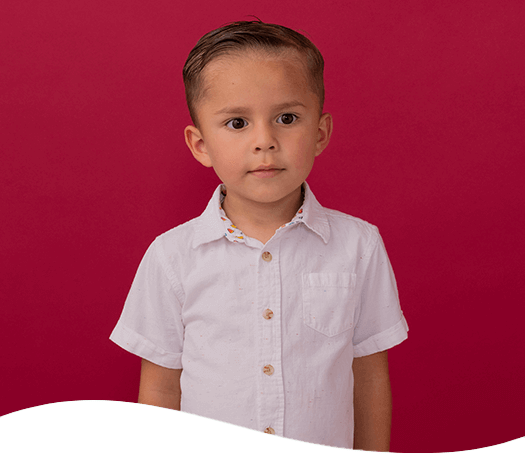New Autism diagnosis.
A new diagnosis of Autism can be emotionally challenging for both the individual and the family. The Autism Society is here to help navigate that diagnosis and connect you to the resources and support you need. An Autism diagnosis can help qualify an individual for community and educational services. For toddlers and preschool-aged children with a new diagnosis, they will be eligible for early intervention/preschool services and for direct therapy and behavioral support based on the child’s needs and the family’s preferences. For school-aged children, they may qualify for community services with medical diagnosis and for school-based services with an educational diagnosis of Autism.
For adolescents and adults who are receiving a new Autism diagnosis, this can be a challenging time. Support services are available to support communication, emotional, mental health, and vocational needs, but the individual with Autism will need to choose which therapies and support they find useful. It can be challenging to choose options if you don’t know how the options work and what the support can do to help. Support groups can be helpful to learn from other adults who are experiencing similar situations.

Learn more about what steps to take after a new Autism diagnosis with this video from our Parent-School-Partnership mentor Jill Powell.
Autism through the lifespan.
Autism is a lifelong condition, and the available, necessary support and treatment changes as Autistic individuals move through major life phases. With many more people being diagnosed with Autism, appropriate services and support are even more pressing. Quality of life for individuals with Autism and their families depends not only on the foundation provided in childhood, but also on ongoing support that is specific to their educational, medical, social, recreational, family, and employment needs. The Autism Society South Carolina (SCAS) supports people with Autism and their families through three critical stages of life by connecting them to the resources they need, when they need it.

Prevalence.
Learn about the prevalence of Autism in the United States with these statistics from the Centers for Disease Control and Prevention (CDC).
- 1 in 44 children are diagnosed with autism. Since 2000, the Autism prevalence rate has been consistently increasing from one in 150 to now one in 44.
- Over 7 million individuals in the United States are on the Autism spectrum; Autism is the fastest-growing developmental disability in the U.S.
- The diagnosis rate for Autism is rising by 10-17% each year.
- Autism affects all ethnic and socioeconomic groups.
- Boys are 4 times more likely than girls to be diagnosed with autism.
- Children who receive an Autism diagnosis by age 4, are fifty times more likely to receive services.

Connect with us.
Reach out to us here at the Autism Society South Carolina for information and resources.



